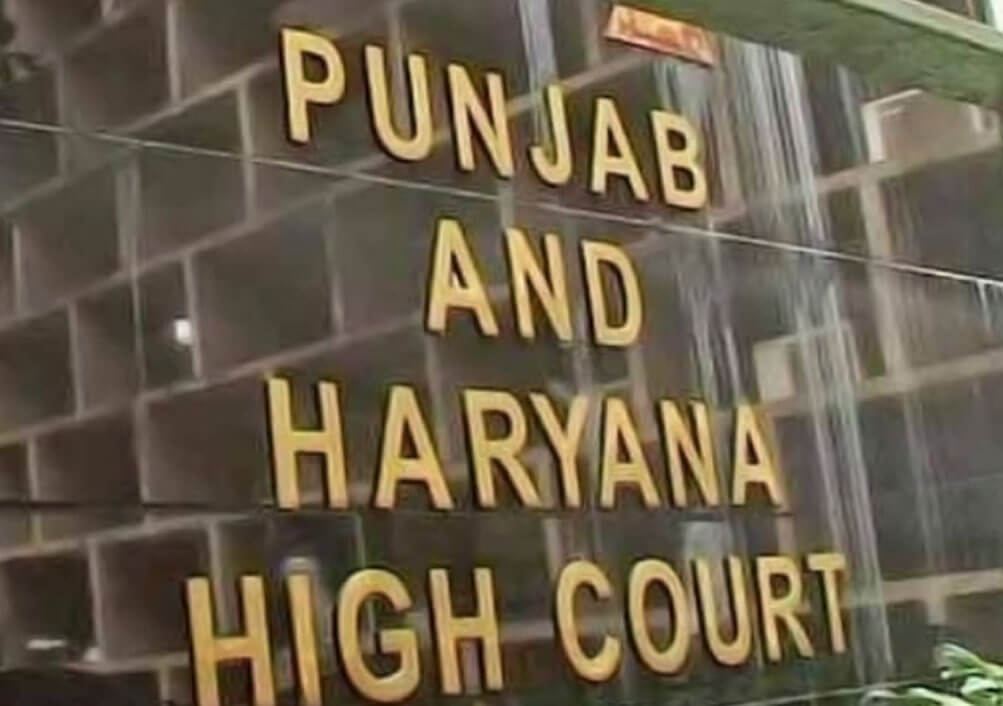Waiver is intentional relinquishment of right & it must involve conscious abandonment of existing legal right, reiterates P&H HC

Read Order: Dr. Surinder Mohan v. Bharat Kumar
Monika Rahar
Chandigarh, January 6, 2022: In an appeal where the plaintiff recorded evidence before the trial court thereby,going beyond the order passed in revision petition which allowed such recording of evidence in the first place, the Punjab and Haryana High Court has opined that the plaintiff himself being guilty of playing fraud with the Court, he cannot certainly take plea of estoppel on the part of defendant and defendant having waived of any right.
The Bench of Justice H.S.Madaan referred to the judgment of the Apex Court in M/s Sonell Clocks and Gifts Ltd. Versus New India Assurance Co. Ltd., wherein it was observed that waiver is intentional relinquishment of right; it must involve conscious abandonment of existing legal right, advantage, benefit, claim or privilege, which except for such waiver, party could have enjoyed; it is agreement not to assert right; to invoke principle of waiver, person who is said to have waived must be fully informed as to his rights and with full knowledge about same, he intentionally abandons them. There must be specific plea of waiver, much less of abandonment of right by opposite party.
In this case, a civil suit filed by the plaintiff (appellant) against his brother (respondent) was decreed to be closed by the Trial Court after the plaintiff failed to conclude his evidence despite being given several opportunities. Against this, the plaintiff filed a revision petition wherein the High Court gave him an opportunity to examine an expert witness. However, going beyond High Court’s order the plaintiff submitted before the Trial Court, the expert witness’s affidavit along with his own.
The defendant also crossed- examined both of them and eventually, the suit was partly decreed in the plaintiff’s favour. Now both the parties preferred separate appeals, in response to which the Additional District Judge set aside Trial Court’s decree on the ground that the plaintiff was only allowed to examine the expert witness and he clearly went beyond that. The plaintiff’s counsel argued that the defendant himself waived his right by cross-examining the witnesses and he should be estopped from raising this point now.
Addressing this contention and showing agreement with the Additional District Judge’s decision, the Bench observed that there was nothing to show that the defendant gave his consent for recording the statement of the plaintiff and thus no question of waiver of right arose.
“The plaintiff himself being guilty of playing fraud with the Court, he cannot certainly take plea of estoppel on the part of defendant and defendant having waived of any right…Therefore, estoppel, as provided under Section 115 of the Evidence Act, does not come into play against the defendant.”, said the bench.
Thus, the judgment of the Additional District Judge remanding the case was held to be perfectly legal and valid.
Sign up for our weekly newsletter to stay up to date on our product, events featured blog, special offer and all of the exciting things that take place here at Legitquest.




Add a Comment